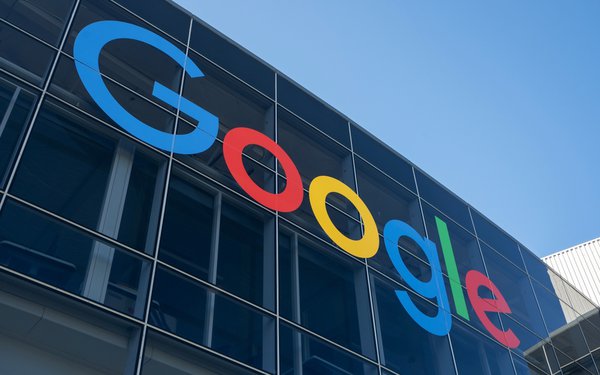
Google has reversed a decision on its more than five-year plan
to phase out third-party cookies.
The company announced Tuesday that it will keep third-party cookies in their current form and will not roll out a stand-alone "user-choice" button in Privacy Sandbox that would have
allowed users to opt out of being tracked by advertisers.
After careful consideration and testing, Google will keep its current approach to offer users third-party cookie choice in
Chrome, and will not roll out a new stand-alone prompt for third-party cookies, Anthony Chavez, vice president of Privacy Sandbox at Google, wrote in a blog post. "Users can continue to choose
the best option for themselves in Chrome’s Privacy and Security Settings," Chavez wrote.
advertisement
advertisement
"We'll continue to enhance tracking protections in Chrome's Incognito mode, which already blocks
third-party cookies by default," Chavez added. "This includes IP Protection, which we plan to launch in Q3 2025. And
we'll continue to invest in making Chrome the world’s most trusted browser, with technologies like Safe Browsing, Safety Check, built-in password protection, AI-powered security protections, and
more."
IP Protection -- a feature in Chrome -- enhances user privacy by making it more difficult for websites to track users across websites. Google explains it as having the ability to
anonymize an IP address when users access third-party content within Chrome's privacy mode, which is called Incognito.
Artificial intelligence (AI) could play a major role in this
shift, but Google did not describe any changes it may make that may involve AI for cookie and ad tracking and targeting. Many industry experts have expressed their opinion to MediaPost that AI could
play a major role in the future
It's possible, based on this decision, that Privacy Sandbox APIs may have a different role to play in supporting the ecosystem, he wrote. Google plans to
reach out to the industry to gain feedback, and in the months to come share an updated roadmap for these technologies, including the future areas of investment.
While the catalyst
to make this turnaround is not determined -- or whether the monopoly lawsuits in search and publish prompted the decision -- one thing is certain: publishers, advertisers, agencies and
platforms have spent millions of dollars and thousands of hours in compliance to adhere to the changes.
“The digital advertising market has been operating in a fog of uncertainty
for nearly five years as a result of Google’s abortive attempt to seize control," James Rosewell, co-founder of Movement for an Open Web, wrote in an email to MediaPost. "Endless
millions of hours and dollars have been wasted by companies in preparation for this, and many millions more have been lost in opportunity cost and thwarted investment."
He believes that Google
has recognized that the regulatory obstacles to its monopolistic project are insurmountable and has given up. He sees the abandonment of the projects based on all the work the industry has done to
comply as "unforgivable."
"No company should be allowed to hold an industry to ransom in this way," Rosewell said.
Some industry experts have said artificial intelligence will
become the key to ad targeting, and that Google would share announcements with the industry when it has something ready to demonstrate.
"Google can try and replace it with whatever they
want as long as they leave the interoperable technologies in place that allow others to do what they want," added Patrick Herridge, business and strategic comms advisor at Movement for an Open Web.
“Our objection to Sandbox was never Google trying something new, it was just that in the process they were attempting to stop others from working together independently of Google.”